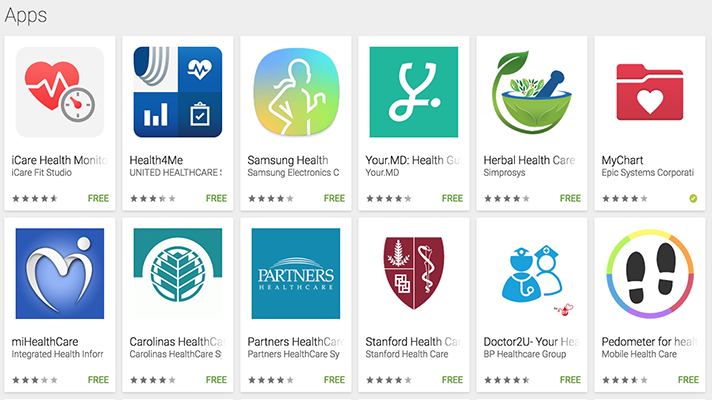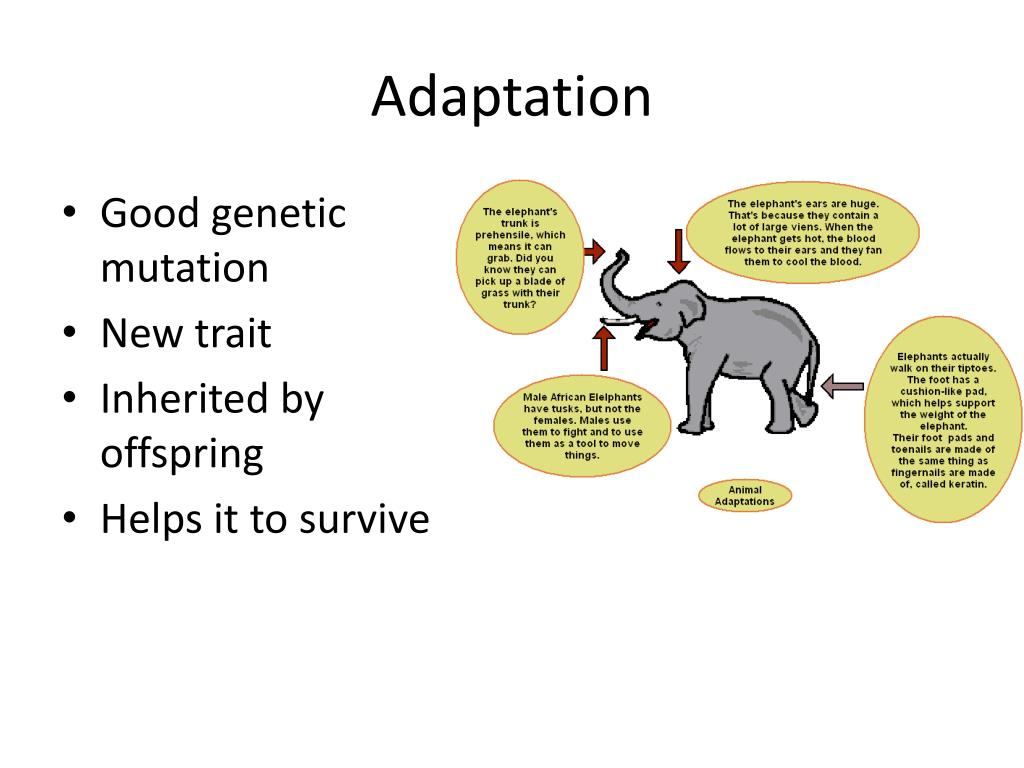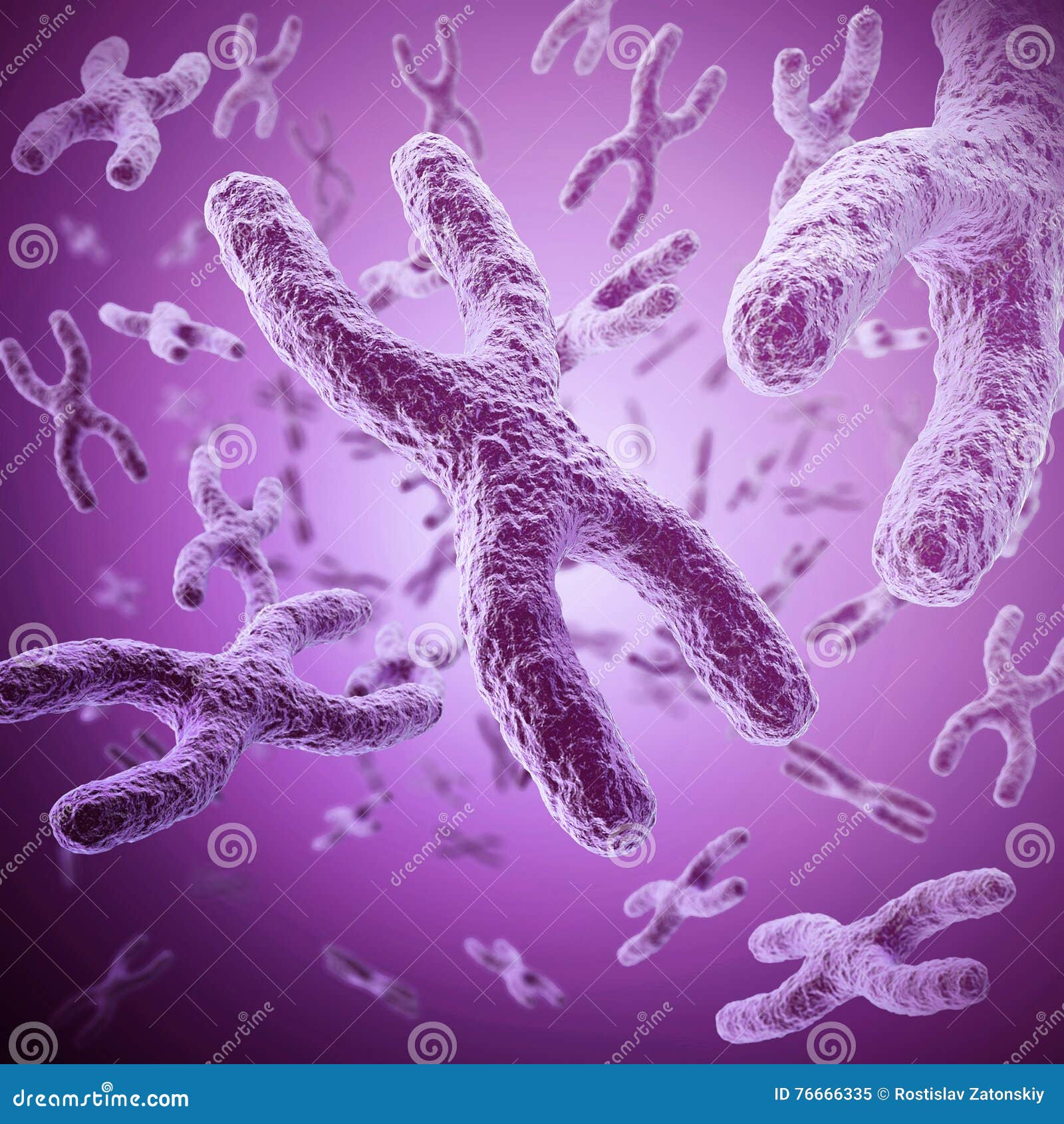Digital health apps are transforming the way we approach healthcare, offering innovative solutions for effective health management and personalized healthcare. These applications utilize advanced technology, including AI in healthcare, to provide support tailored to individual patient needs, significantly enhancing medication adherence technology and treatment compliance. With a growing focus on chronic conditions, these platforms serve populations such as cancer patients, delivering crucial insights and assistance throughout their recovery journey. By leveraging robust algorithms and real-time data, digital health apps are not only improving patient outcomes but also fostering a sense of autonomy and control in their health management. As these technologies continue to evolve, they hold the promise of redefining the landscape of healthcare support for diverse populations in need.
In recent years, mobile health solutions have become a vital part of the healthcare ecosystem, particularly for managing chronic illnesses and providing ongoing patient support. Also referred to as health monitoring tools or wellness applications, these digital platforms aim to enhance patient engagement and encourage adherence to treatment regimens through personalized and dynamic support. Designed with the latest advancements in artificial intelligence, these tools can adapt to the unique circumstances of users, thereby addressing their specific health challenges effectively. With their application in areas such as chronic disease management and caregiver support, mobile health solutions represent a critical shift towards more responsive and engaging approaches in modern healthcare. As we delve deeper into this topic, we examine how these intelligent systems are reshaping the relationship between patients and their healthcare journey.
Innovative Digital Health Apps for Cancer Patients
Digital health apps have emerged as vital tools for cancer patients, particularly those undergoing difficult treatments like stem cell transplantation. These apps are designed with features that track medication adherence, provide real-time support, and even connect patients to their caregivers. By utilizing advanced algorithms, these applications offer a personalized approach to healthcare, addressing the unique physical and emotional challenges that cancer patients face. Given that more than 70% of patients struggle with medication adherence, these digital solutions present a promising strategy for enhancing patient outcomes.
The introduction of such technology transforms traditional health management approaches. For example, the upcoming ADAPTS HCT app focuses on young adults post-transplant, guiding them through personalized prompts and reminders that adapt based on ongoing interactions. This method ensures that each notification is relevant and timely, enhancing the likelihood that patients respond positively and remain engaged with their treatment plans. Moreover, by integrating features that foster communication between caregivers and patients, these digital platforms can create a more coordinated support system, essential for managing complex medication regimens.
Leveraging AI in Healthcare: The Future of Personalization
Artificial Intelligence (AI) has revolutionized healthcare by enabling the development of intelligent health management apps that adapt to individual patient needs. These applications leverage machine learning algorithms to analyze patient data in real time, providing personalized healthcare recommendations and interventions. By continually learning from user interactions, AI-driven apps like those developed in Susan Murphy’s lab create a feedback loop that enhances the efficacy of health recommendations. This personalized approach is particularly crucial for patients facing chronic illnesses where treatment requires consistent management and support.
The power of AI in healthcare extends beyond simple reminder functions. Through reinforcement learning, health apps can adjust their strategies on the fly, making them far more effective than traditional one-size-fits-all solutions. For instance, the app in development for cancer patients is designed not just to remind users to take their medications but to understand their habits and preferences, optimizing the timing and content of messages accordingly. This advanced level of personalization is pivotal for ensuring high levels of medication adherence and positive health outcomes.
The Role of Technology in Medication Adherence
Medication adherence technology has a critical role in enhancing health outcomes for patients with complex healthcare needs, especially among those with chronic illnesses like cancer. Leveraging digital health apps that utilize adaptive algorithms, healthcare providers can foster better compliance among patients struggling with medication regimens. By analyzing user behavior, these apps can send tailored reminders and motivational prompts only when they are most needed, promoting a more strategic approach to medication adherence. This method has shown promising results, particularly in studies focusing on young adults who often forget or skip doses.
Moreover, the integration of social networks within these apps aids in creating a community of support around the patient. With features that allow caregivers to receive alerts about medication times or changes in the patient’s health status, a collaborative environment is established where adherence becomes a shared responsibility. This use of technology not only mitigates the burden of managing healthcare alone but also significantly uplifts the patient’s ability to maintain a consistent treatment approach, crucial for managing their health effectively.
Personalized Healthcare: A New Era for Patients
Personalized healthcare marks a paradigm shift from conventional one-size-fits-all medical approaches, tailoring treatment plans to fit the unique attributes of each patient. The rise of health management apps reflects this evolution, empowering patients by giving them more control over their health journeys. With customizable features that consider individual preferences and conditions, these applications enhance user engagement and promote more proactive health management. This personalized strategy is essential for ensuring that patients adhere to their prescribed treatment regimens, as it aligns interventions with their daily lives and challenges.
Additionally, personalized healthcare offers insights that can revolutionize patient care. By gathering data on behaviors and responses to treatments, these apps can identify patterns that inform healthcare practices. For instance, young adults using the MiWaves app for cannabis reduction benefit from a system that adapts to minimize usage effectively while providing support tailored to their specific circumstances. Such personalized interventions hold great potential for improving overall health outcomes and satisfaction among patients, ultimately leading to a more effective healthcare system.
The Integration of Behavioral Science in Digital Health
Behavioral science plays a crucial role in the success of digital health apps aimed at enhancing patient compliance. The intersection of technology and behavioral insights allows for the creation of applications that truly address the underlying psychological barriers patients face when adhering to treatment plans. By understanding how patients think and feel about their health, developers can create interventions that resonate deeply and motivate positive behavior change. For example, the design of the word-guessing game within the ADAPTS HCT app serves to improve social support and teamwork between patients and caregivers, leveraging behavioral strategies to enhance adherence.
Furthermore, incorporating elements of behavioral science into app design allows for the development of features that bolster users’ intrinsic motivation. By providing psychological rewards and community support, applications can create an environment conducive to sustained behavior change. Such strategies empower patients not only to adhere to their medication schedules but also to engage actively in discussions about their health with caregivers, leading to improved communication and a more holistic approach to health management.
Supporting Caregivers Through Innovative Apps
Innovative digital health apps are not only transforming patient experiences but also extending their benefits to caregivers, who often play a critical role in managing the healthcare of patients, especially those undergoing major treatments like stem cell transplants. With more than 70% of family caregivers bearing the responsibility of overseeing medication management, it is essential that these digital platforms provide them with the tools and information needed for effective patient support. Apps like ADAPTS HCT are designed to help caregivers understand their loved one’s medication schedules and provide insights on how to motivate and assist them during recovery.
Moreover, the technological advancements in these applications work to alleviate the stress and burden on caregivers by offering real-time data and alerts. This functionality allows caregivers to monitor patient adherence and health fluctuations without constant direct supervision. The integration of tailored communication strategies further enhances the relationship between caregiver and patient, fostering a supportive environment that is essential for successful health management. In this way, the app not only aids patients but also empowers caregivers with vital resources to optimize their care.
The Future of Digital Health: Expanding the Impact
As the field of digital health continues to evolve, the potential for these applications to influence patient care grows exponentially. Organizations and research teams are collaborating to expand the capabilities of digital health apps, integrating new technologies such as AI and advanced data analytics. This development will enhance the precision of health management apps and their ability to support patients with diverse needs, from cancer care to behavioral health. The implications of such innovations could lead to a healthcare landscape where personalized, data-driven care is the standard rather than the exception.
For instance, projects like MiWaves and Oralytics reflect a growing trend toward comprehensive health monitoring and intervention strategies that not only focus on physical health but also consider mental and emotional well-being. As researchers refine algorithms to better understand user habits and needs, these applications will be better equipped to deliver timely and effective support. This ongoing expansion of digital health technologies holds great promise for the future, ensuring that patients have access to the personalized resources they require to thrive.
Challenges in Implementing Digital Health Solutions
Despite the promising prospects of digital health apps in revolutionizing patient care, challenges remain in their widespread implementation and adoption. Technical issues such as data security, compliance with health regulations, and user engagement are significant barriers that developers must navigate. Moreover, not all patients may have equal access to technology, highlighting the need for inclusive designs that cater to diverse populations. Educating both patients and healthcare providers on the benefits and functionalities of these applications is also crucial for fostering acceptance and consistent use.
Balancing technological advancements with practical implementation is key. For health management apps to be truly effective, stakeholders must prioritize user experience and ensure that applications are intuitive and user-friendly. Ongoing research and collaboration between technology developers, healthcare professionals, and regulatory bodies will be essential in addressing these challenges and pushing the digital health revolution forward. By tackling these issues head-on, the full potential of personalized, AI-driven applications can be realized, paving the way for a healthier future.
Frequently Asked Questions
What are digital health apps and how do they improve medication adherence among cancer patients?
Digital health apps are mobile applications designed to support health management by providing personalized healthcare solutions. For instance, in the context of cancer patients, these apps utilize advanced algorithms and AI in healthcare to enhance medication adherence. They provide tailored reminders and motivational prompts based on real-time data about patient needs, which helps significantly improve adherence rates compared to traditional reminder systems.
How do health management apps utilize AI in healthcare for personalized support?
Health management apps leverage AI in healthcare to deliver personalized support by utilizing reinforcement learning algorithms. These technologies allow the apps to learn from user interactions and adapt their strategies accordingly. This means the app can offer real-time suggestions and interventions that are specifically tailored to each patient’s unique circumstances, ensuring that they receive relevant support when they need it most.
What role do digital health apps play in supporting family caregivers of cancer patients?
Digital health apps play a crucial role in supporting family caregivers of cancer patients by providing tools and resources that aid in medication management. These apps can send reminders and motivational prompts not only to the patients but also to caregivers, which helps ensure that the patient receives the necessary support for effective medication adherence. By enhancing communication and coordination, these apps empower caregivers to manage the complex healthcare needs of their loved ones.
How can medication adherence technology help improve cancer treatment outcomes?
Medication adherence technology, such as digital health apps designed specifically for cancer patients, can significantly improve treatment outcomes by ensuring that patients follow their prescribed medication regimens. By using algorithms that adapt to patient behavior, these apps provide timely reminders and support, which can reduce the likelihood of missed doses, thereby enhancing the overall effectiveness of treatment plans.
What innovative features do digital health apps offer for cancer patient support?
Digital health apps designed for cancer patient support offer innovative features such as personalized motivational messaging, real-time health tracking, and interactive games that promote social support between patients and caregivers. These features are rooted in advanced AI algorithms that continually adapt to patient interactions, thus providing a supportive and engaging experience that encourages adherence to treatment.
How do next-generation health management apps differ from traditional health apps?
Next-generation health management apps differ from traditional health apps by employing advanced algorithms and AI to provide personalized, adaptive support instead of generic reminders. While traditional apps may offer static features like step tracking or calorie counting, next-gen apps utilize real-time data and user input to tailor interventions, improving user engagement and effectiveness in managing health conditions.
What are some challenges faced by digital health apps in real-world applications?
Digital health apps face several challenges in real-world applications, including issues with data collection accuracy, user engagement, and algorithmic efficiency. Factors like user privacy, varying patient compliance levels, and technical constraints can impact the effectiveness of medication adherence technology. Continuous iteration and pilot testing are essential to refine these apps and improve their function in diverse healthcare environments.
| Key Points |
|---|
| Digital health apps are being developed to assist patients, particularly in managing medication protocols and recovery processes. |
| The apps utilize reinforcement learning algorithms for real-time personalization based on individual needs. |
| Murphy’s team is collaborating with healthcare professionals to create tailored interventions for cancer patients undergoing stem cell transplants. |
| Current trials, like ADAPTS HCT, focus on improving patient-caregiver engagement through gamification and adaptive prompts. |
| The technology is also being adapted for other uses, including reducing cannabis consumption and improving oral hygiene habits. |
Summary
Digital health apps are revolutionizing patient care by offering tailored support for managing health challenges. As demonstrated in the work of Susan Murphy and her colleagues, these apps utilize advanced algorithms to deliver personalized interventions, significantly improving adherence to treatment regimens. By focusing on the specific needs of patients, digital health apps have the potential to enhance recovery experiences, optimize medication management, and ultimately foster better health outcomes. In a world where personalized healthcare options are pivotal, these innovative applications stand out as essential tools for patients and caregivers alike.



